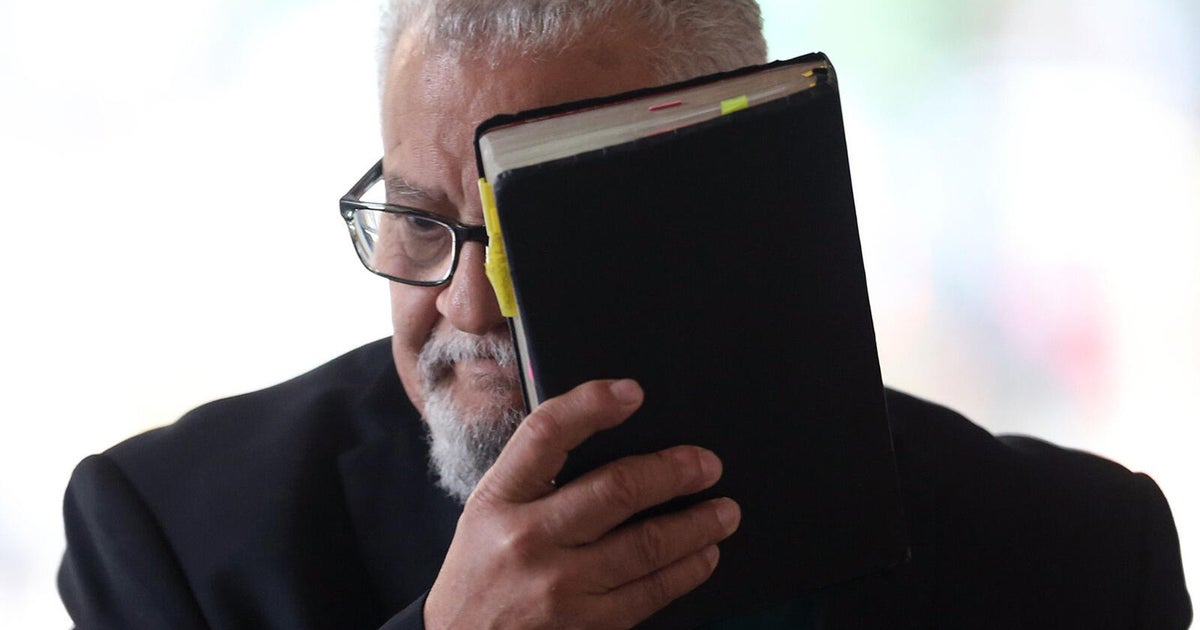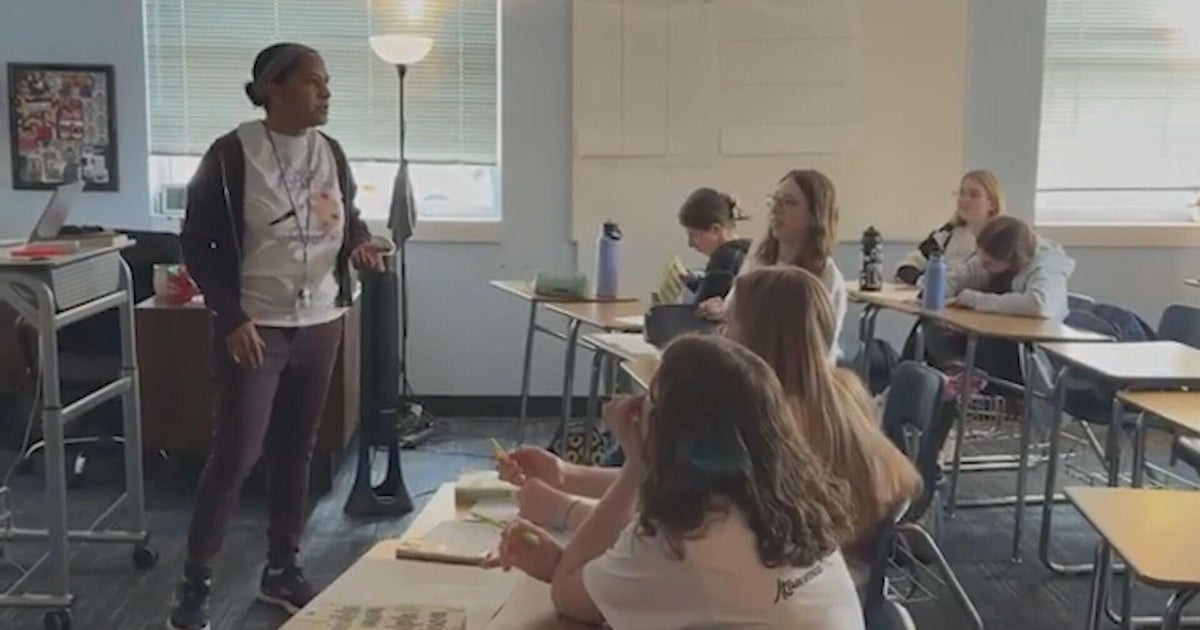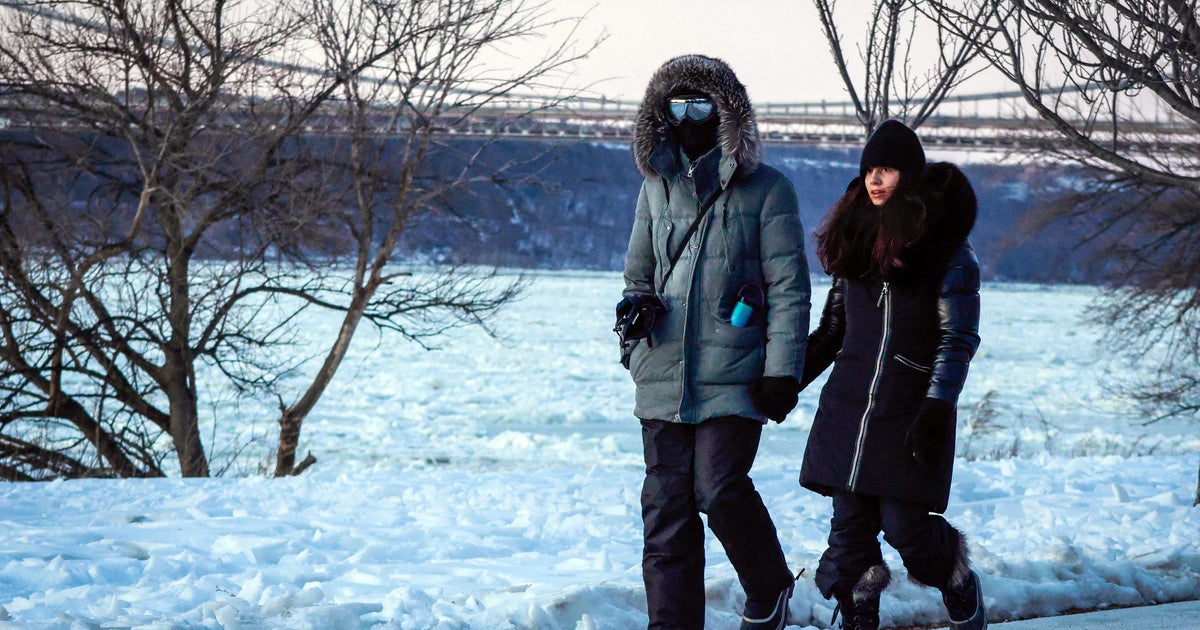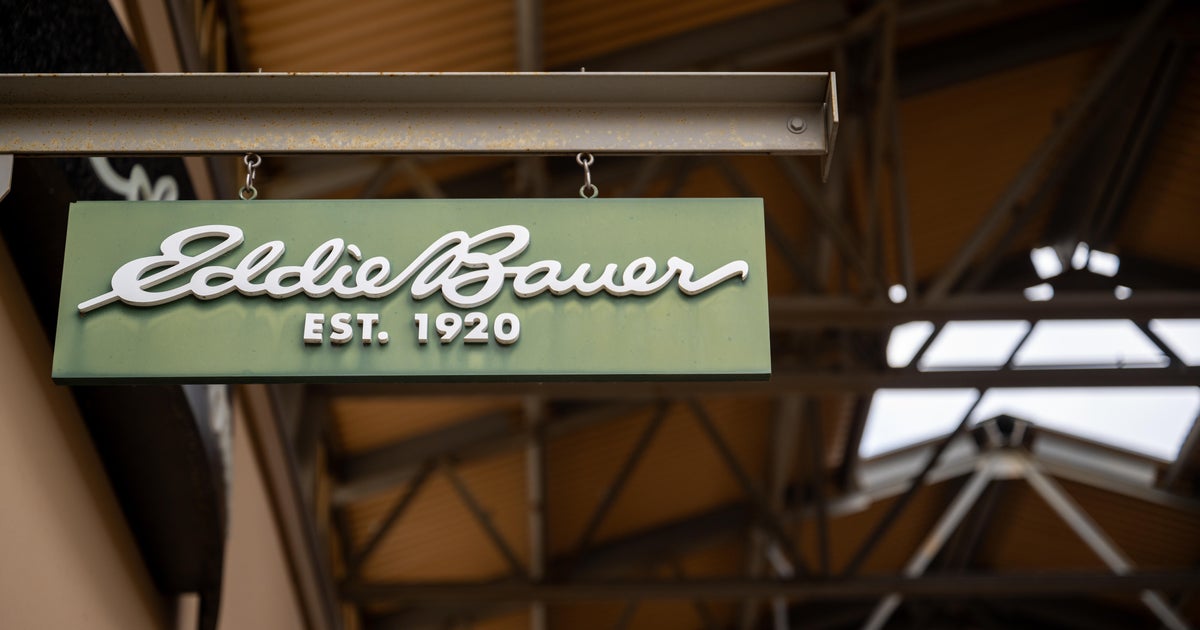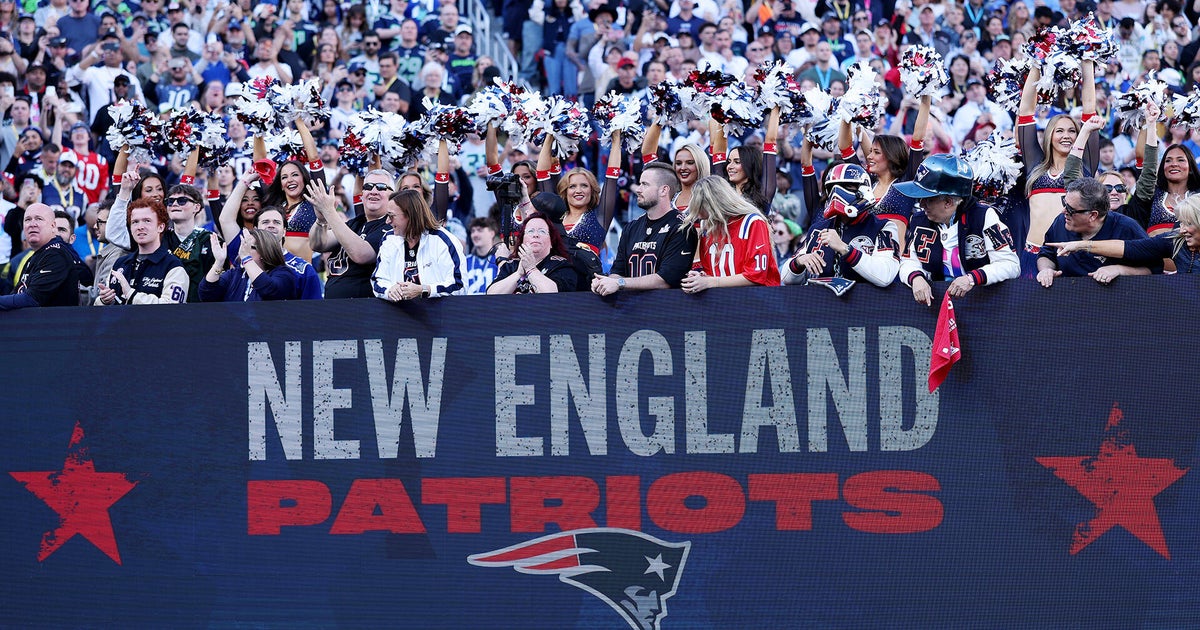Expanded outdoor dining program in Chicago could soon become permanent
CHICAGO (CBS) -- Aldermen on a key City Council committee on Tuesday enthusiastically threw their support behind a plan to make permanent an outdoor dining program that helped Chicago restaurants and bars survive the pandemic.
In the spring of 2020, the city established temporary rules allowing for some restaurants and bars to expand sidewalk patios, allowing them to take over parts of some city streets or neighboring private property, such as parking lots.
The City Council Committee on License and Consumer Protection on Tuesday unanimously backed a plan from Mayor Brandon Johnson to make those rules a permanent part of the city's municipal code, after the new mayor agreed to give alderpersons the final say on permits in their ward, in stark contrast to former Mayor Lori Lightfoot, who had sought to set up an automatic renewal process that would have cut them out.
Ald. Brendan Reilly (42nd), whose ward includes a vast number of restaurants in and around downtown Chicago, praised Johnson for making sure aldermen have a say in who gets permits, saying Lightfoot was "hellbent on taking aldermen out of the equation."
"The fact that aldermen now have an equal seat at the table is incredibly important," Relly said. "Aldermen need to have a seat at this particular table, because if these aren't done properly, then they can be incredibly disruptive to the neighborhood."
Ald. Walter Burnett (27th) said aldermen know the needs of their ward better than anyone, so it's important that they have a say in which businesses can get and keep permits for outdoor dining.
"We take the pulse of the community. We're right there. We cant get away, right? And when the community's got a problem, we've got a problem. That's what I tell every business. If the community's got a problem, then you've got a problem with me, because we get their pulse, and we have to advocate for the pulse of the community," he said.
During the pandemic, many businesses relied on larger sidewalk cafés, or even closing of parts of city streets, to keep serving customers while indoor dining was prohibited to limit the spread of COVID-19.
"Outdoor dining provided great relief to businesses during the COVID-19 pandemic, and assisted in stimulating Chicago's economy," Chicago Business Affairs and Consumer Protection Commissioner Ken Meyer told the committee before Tuesday's vote. "The program has become a popular and impactful way to support the city's restaurant hospitality industry, by creating inviting outdoor dining for all residents and visitors."
Those expanded outdoor dining rules expired at the end of last year, but Johnson and several City Council members hammered out a plan to make them a permanent part of the city's municipal code, and allow restaurants and bars to open those larger patios and sidewalk cafés again this year.
Under the permanent rules approved by the committee, retail food establishments with a license for "on-premises" consumption would be eligible for expanded outdoor dining permits, allowing them to set up tables in the curb lane outside the business, in neighboring parking lots, or on sidewalks in front of neighboring businesses. If three or more restaurant or bars on the same block in the same block request permission to do so, they could get a permit to close off an entire street between two adjacent intersections to set up dining areas in the street.
Bars and taverns that don't have food licenses could set up outdoor tables only if they partner with a restaurant to provide food service to their customers.
Annual sidewalk café permits, as always, would be valid from March 1 through the end of February, while permits for outdoor dining in curb lanes or full street closures would be valid from May 1 through Oct. 31.
Newly-elected Ald. Bennett Lawson (44th) said outdoor dining has been a vital benefit for the Lakeview community he represents, noting that when he was running for office, more constituents asked him about the popular outdoor dining program on Broadway than about Wrigley Field.
"So that's really a testament to how popular that opportunity was, and how badly they wanted to see that come back," he said.
Lawson said making sure outdoor dining permits are reviewed on an annual basis was vital to making sure restaurants and bars don't become a nuisance.
"Some places work great, and others are a nightmare, and oftentimes the operator is the biggest determinant of that; in how well they're taking care of that curb lane extension, dealing with snow and ice, or just a double-wide stroller on Southport, you name it," he said.
Meyer estimated that permits from sidewalk cafés and other outdoor dining venues brought in an extra $550,000 a year in revenue for the city from permit fees alone. That doesn't include the additional sales tax revenue outdoor dining brought in, and more than offsets the estimated $100,000 the city will have to pay LAZ Parking under the city's parking meter contract for taking any parking meters out of service to set up curb lane dining areas or closing down full streets for outdoor dining.
Illinois Restaurant Association President Sam Toia applauded the mayor and aldermen for working with the restaurant industry to come up with the permanent rules for the expanded outdoor dining program, to allow restaurateurs to keep a vital tool to stay in business.
"Having a popular patio, beer garden, or sidewalk café makes a business more attractive to Chicagoans and tourists alike," he said.
Hagen Dost, owner of Dovetail Brewery in the North Center neighborhood, said being able to expand patio seating during the pandemic helped his business over the past three years.
"This patio was a lifesaver for us during the pandemic. We would literally not be here without having the expanded outdoor dining program," he said.
For Dost, making the outdoor dining rules permanent is crucial, because, in his words, the pandemic is not over for small businesses.
"It should be permanent. I think it's the job of the city to make life better for Chicagoans, and one of the ways that you can make life better is help people enjoy the few months of good weather that we have in this city," he said.
The new rules would give alderpersons the authority to approve or deny expanded outdoor dining permits in their ward, based on particular requirements.
Dost said he was fine with that.
"It's the alderman's job also to protect the neighbors from bad and disreputable businesses," he said.
The full City Council is expected to give final approval to the permanent outdoor dining program on Wednesday.

